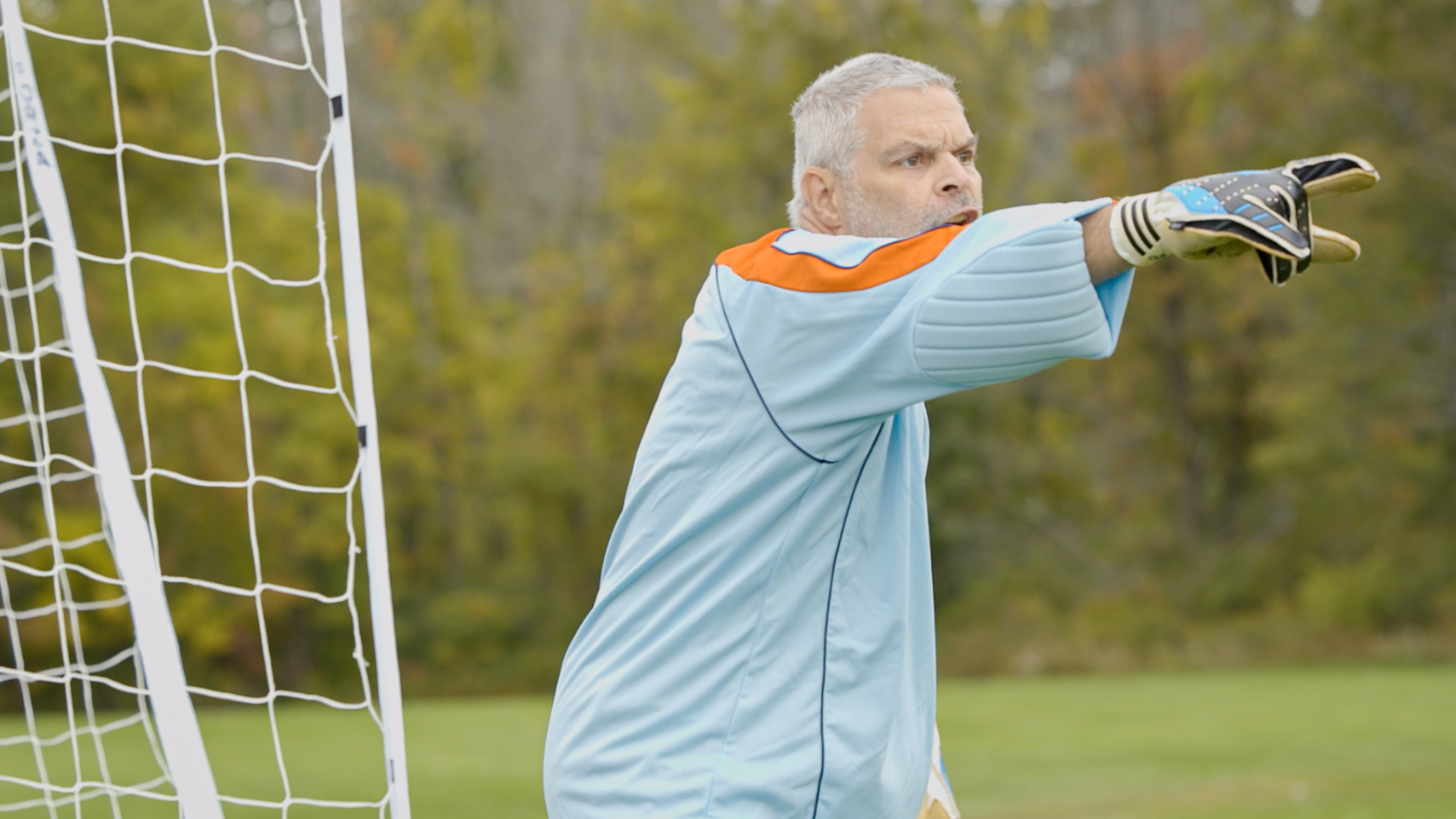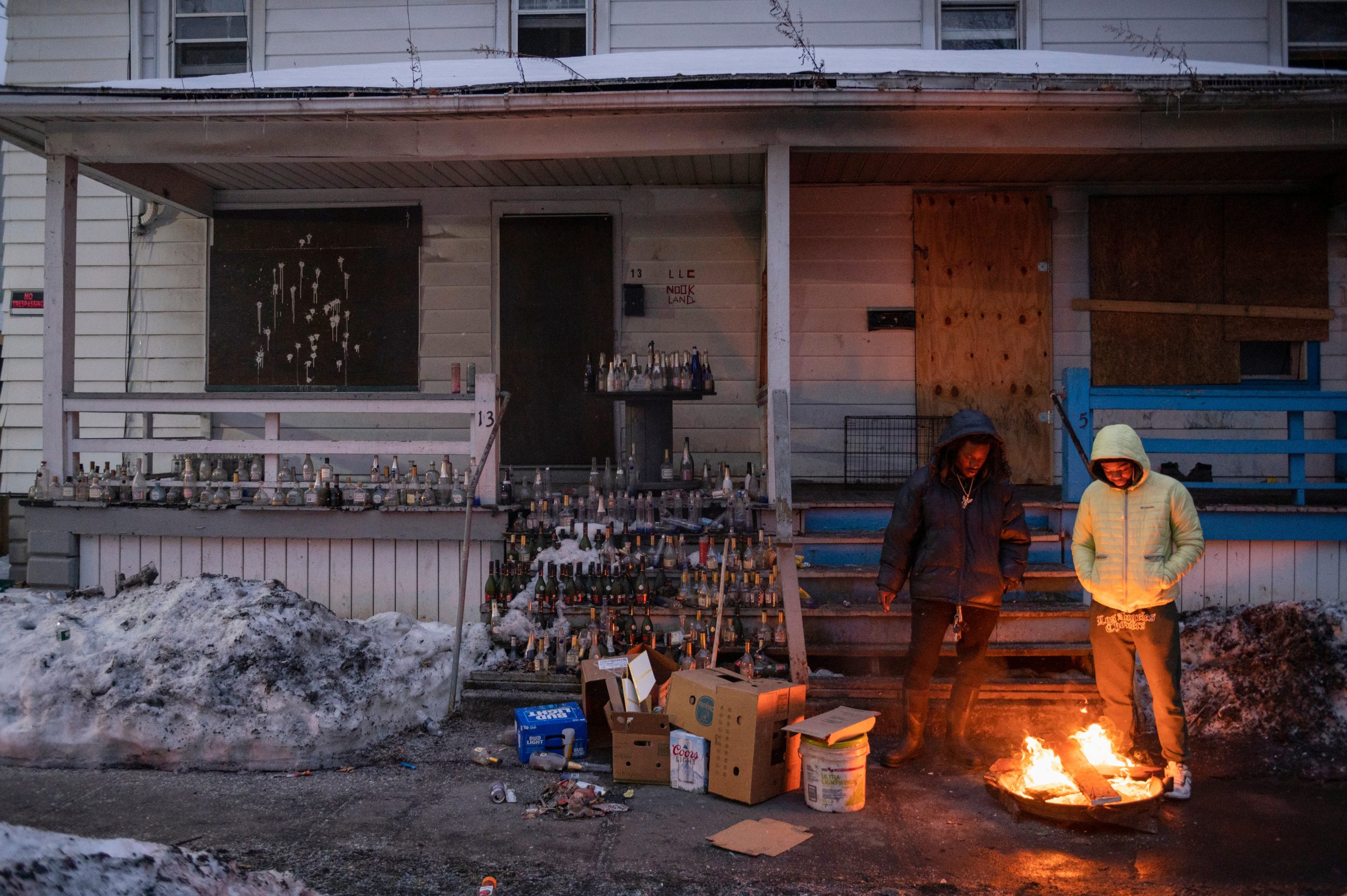
Raising my kids in this environment is sickening,” says Jasmin Vega, a mother of three children, rereferring to the high rates of gun violence in her native Rochester, N.Y.
In 2021, Rochester made national headlines as it surpassed Chicago for its per capita homicide rate, and while many Americans may attribute the spike in gun violence to the pandemic, bail reform, and a sense of lawlessness in urban centers, it is important to note that racial segregation plaguing neighborhoods for decades plays a critical role in the rise of community gun violence across the country.
This strain of trauma brought on by gun violence within Rochester is largely not shared by its suburbs. It has been manufactured by a long history of racial, social, and economic differences, creating a stark contrast between communities that are just miles apart. “Rochester is just like any other city with the same demographics as us,” says Devon Reynolds, a longtime resident of the city. “This is all by plan, nothing is by chance. It is all systematic.”
“Absence and Presence” connects the rise of gun violence in Rochester to the city’s history of segregation, while showing the community trying to make a change.
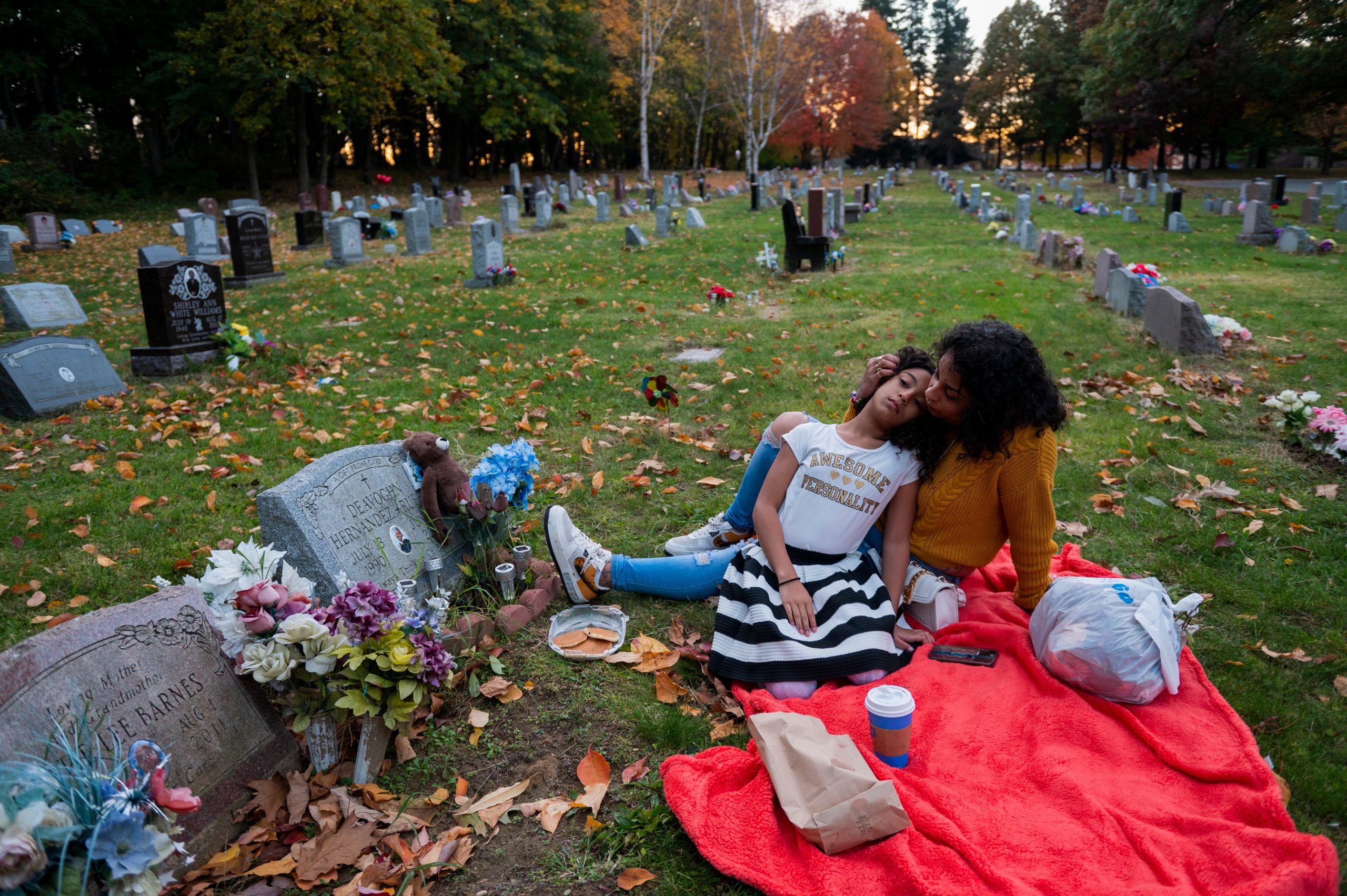
The Cohens, an observant Jewish family in Rochester, have dedicated their time and effort to founding The Chabad House, a welcoming space for those in RIT's Jewish community.
The Chabad House is used to host Shabbat services, dinners, and many other celebrations and holidays, providing an inclusive environment for students at RIT and others of all ages and backgrounds to come together and connect, learn, grow, and deepen their understanding of Jewish culture and tradition, and where they can feel at home and like part of a family.
Their dedication and passion have had a profound impact on the community.
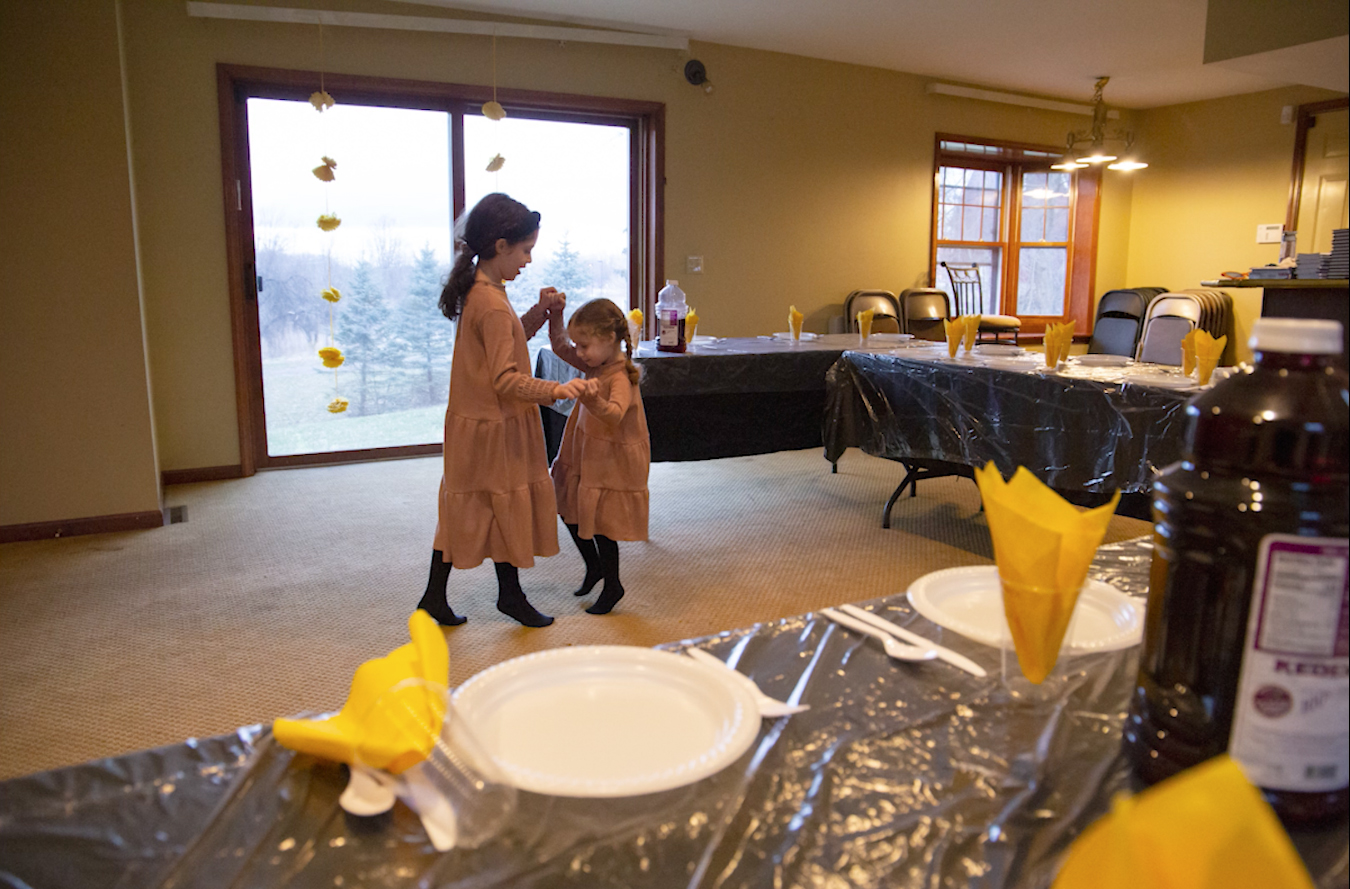
I'm Always Here
Sydney Boucher, 22, of North Adams, Mass., is a legal guardian to her seven-year-old niece Addilyn Spence. “I’m Always Here” is an audio/photo slideshow that details Sydney’s unique bond with Addilyn.
Sydney struggles to figure out how to act as a parent figure while also sorting out her own life and future. Being forced to step into a parent role so quickly, she begins to question traditional gender roles that have been placed on her at a young age.
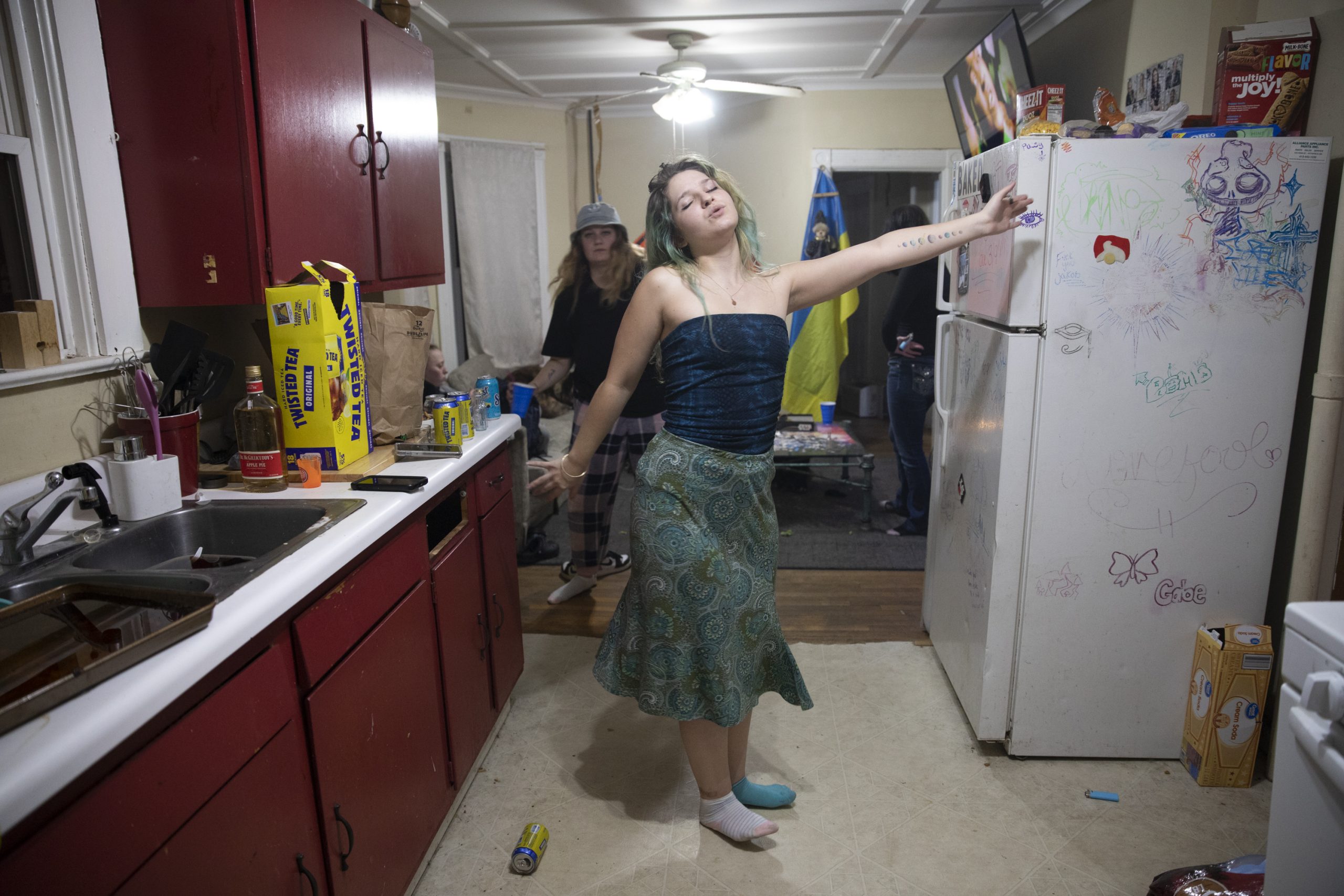
Love Always, Mom
According to statistics, Children of addicts are eight times more likely to develop an addiction, develop greater mental and physical health problems, and experience difficulty in school.
So, people say that children like me often end up like their parents. The apple doesn’t fall quite too far from the tree. My dad frequently likes to remind me that I was one of the special ones, who didn’t let my “predetermined” future be my reason to stop trying.
Love Always, Mom, is my personal reflection about coming to terms with my childhood trauma and the complexities around my relationship with my mother and her drug use.
For so long I silenced myself because I felt like this thing that I dealt with didn’t matter. But it does. I hope by speaking about my struggle to find answers, it gets others to look for their own answers as well and encourages a better understanding of addiction.
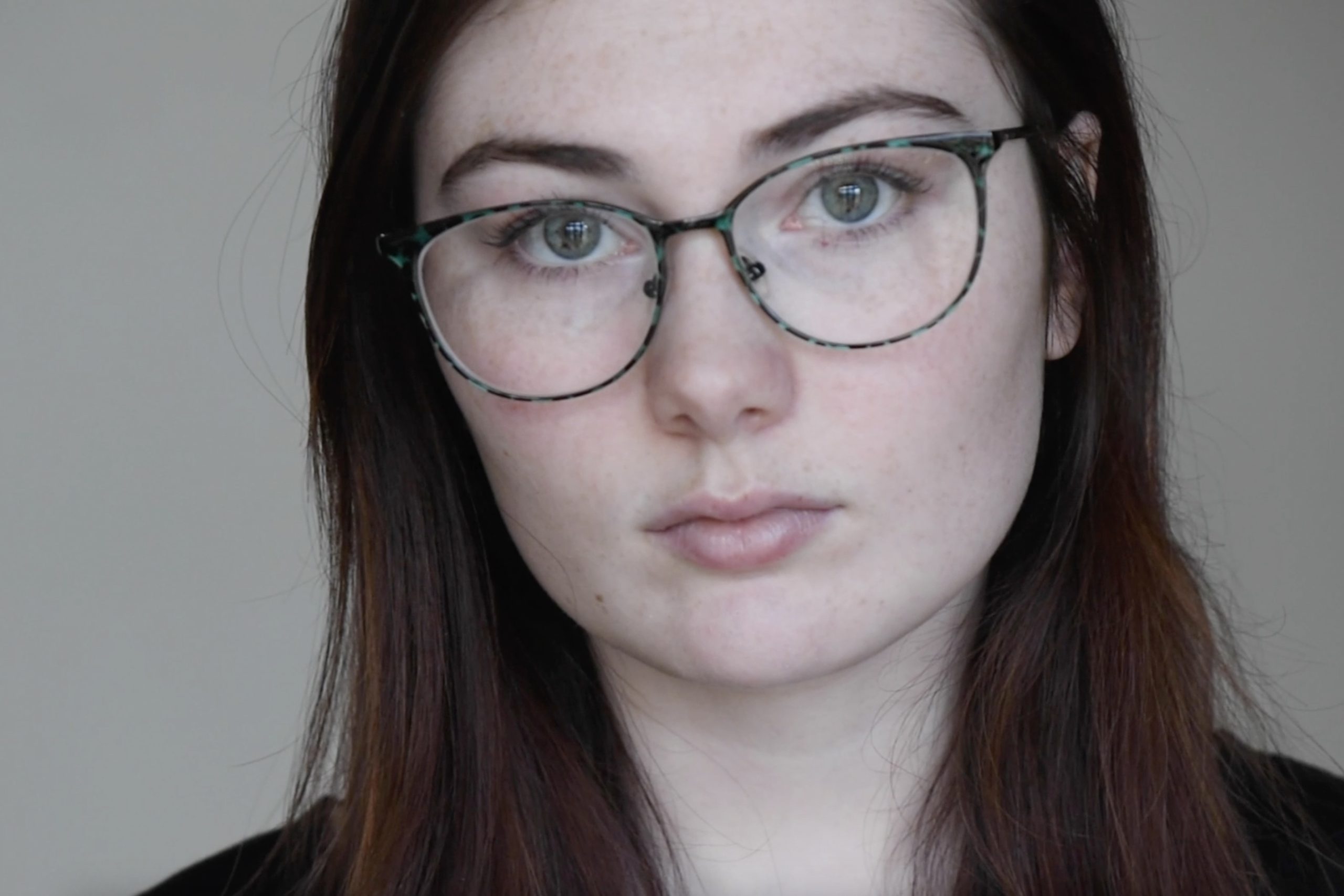
Pneuma
Editing and Design by Riley Hayden ![]()
Photos and Words by Apollo Figueira and Faraday King
“Nationwide, almost one in five people (47.1 million) in the U.S. are living with a mental health condition,” according to Mental Health America. “57% of adults with a mental illness receive no treatment.” The mental health epidemic in America is invisible even to those living through their own struggles. I knew I wanted to tell a story about mental health, not through my voice, but through the voice of people who are currently experiencing mental health issues.
I met Apollo Figueira and Faraday King, who opened up to me about their stories and agreed to be a part of the project. They were given plastic, reusable, point-and-shoot, 35mm film cameras and told to photograph what their mental health looks like. They took pictures of their houses, their friends and the buildings they walk past every day, but most importantly they took photos that were important to them, that were personal and guided by their creative psyche, their pneuma.
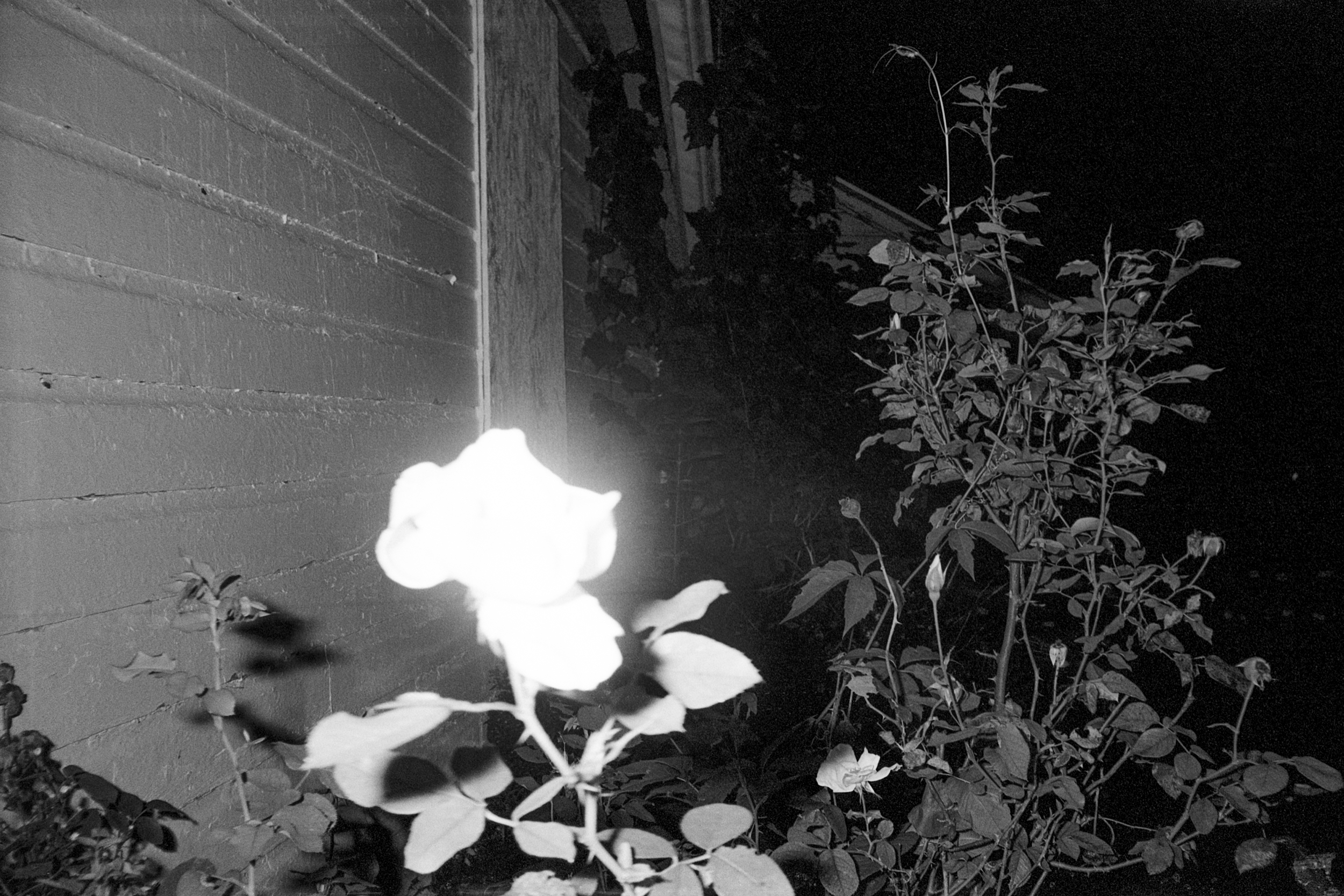
My Name is Spring-A-Doodle
“Clowning saves my soul,” says Donna Gutowski. When she works as a clown, Donna goes by the alias “Spring-A-Doodle” and is part of the Grease Paint Alley Clowns, a group made up mostly of women in their late 60s and 70s. The group appears at local events for children and elderly adults around Western New York where they paint the children’s faces, make balloon animals, and perform magic tricks.
“Half of your social life goes away when you lose your spouse… no one means to, but nobody really keeps in touch,” Donna says. She became a clown after Maureen, the daughter of one of her patients, told her about their group. “I always wanted to be a clown, ever since I was 19,” she says, but she had to wait until her children were grown to see her dream fulfilled.
Donna’s day job is to work as a caretaker for Amiel Mokhiber Sr., who is in the late stages of Alzheimer's Disease. In caring for him, she cooks, grooms, entertains, engages with, and tries to keep him calm during six to twelve hours shifts two to three days a week. She is part of a team of six women who rotate through Amiel’s life as part of his Medicare team.
Through her twelve-year journey as a clown, Donna has come to rethink her role as a caretaker. Using clowning to bring joy to children in her community, she approaches clowning as another way that she can be a caretaker, on a larger scale. Becoming a caretaker for the elderly was another step in her journey.

We Never Die
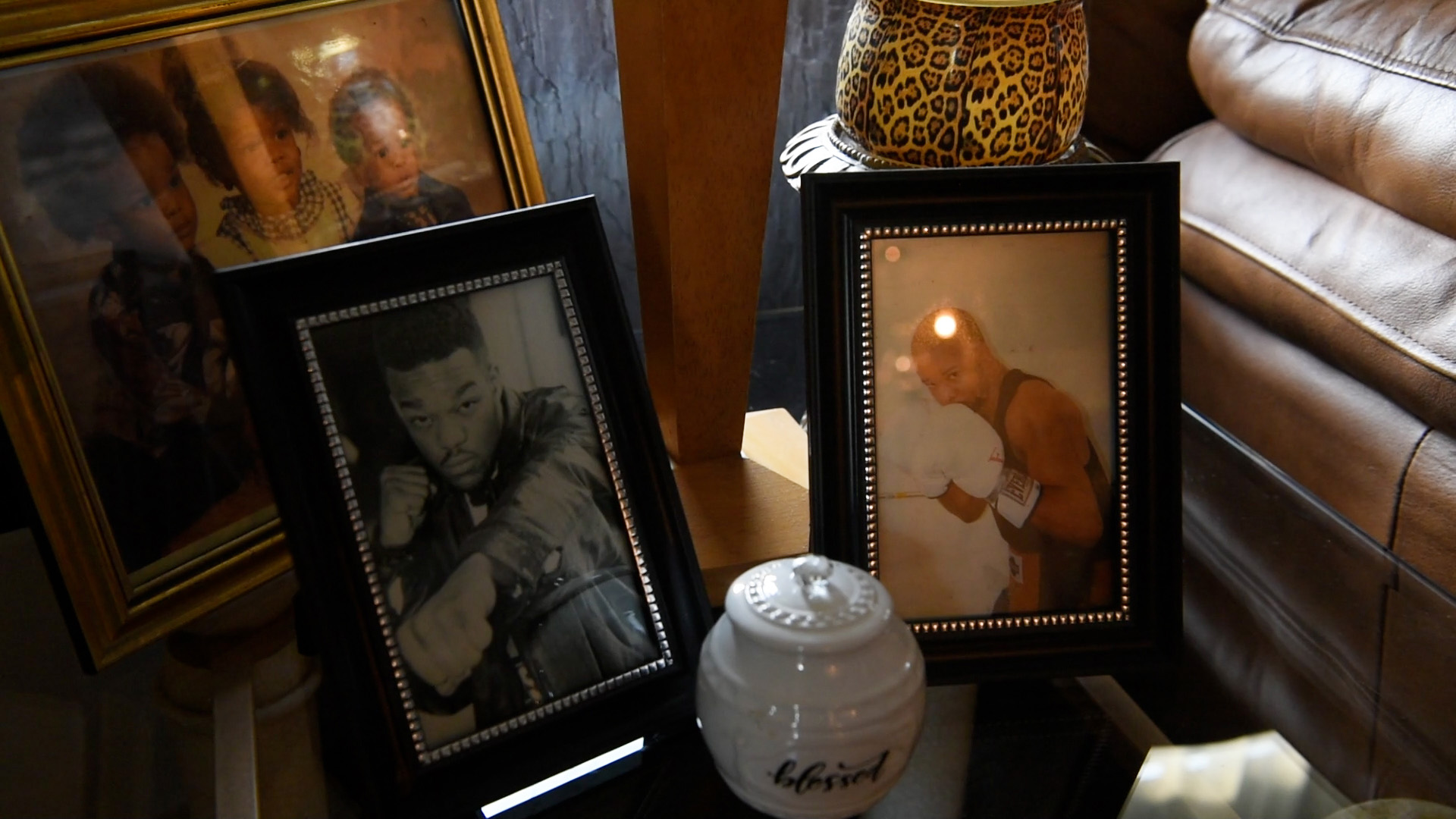
Granville: Raised in Stone

Free to Be Bree
Bree Wilson is an all-star cheerleader at Dynamic Elite Athletics. Her passion for cheerleading began as a lifeline. As she gets older, cheer remains her escape, and she’s forced to balance her love for the sport with new challenges and responsibilities at home.
In this short documentary, you will hear Bree’s story of overcoming adversity and how she transforms her passion into purpose with resilience and an unwavering commitment to her sport, her family, and her dreams.
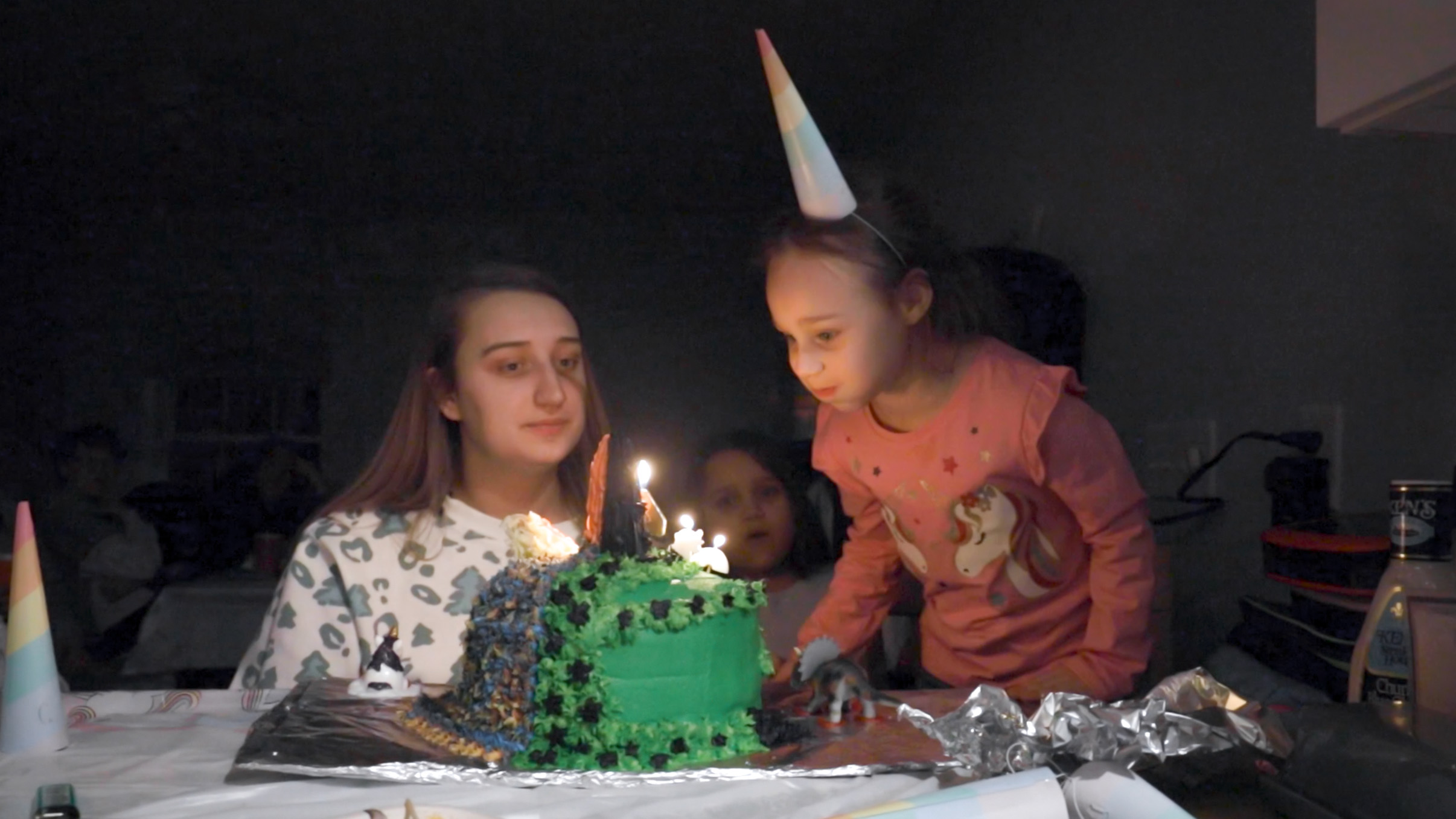
I Have Heart
Michael Worboys, a multisport athlete, and his coach Pat Dadey have known each other for over thirty years. Their relationship has developed beyond just athlete and coach as they consider one other family. “We have this bond together, that’s never going to get broken,” says Michael. As Pat has helped Michael in his growth and independence, the two soon realize that this progress could potentially limit their ability to compete together and Michael must find a balance between his goals as an athlete and his goals off the field of play.
As he ages, Michael learns that he may have more to give back to a new generation of athletes than he could have imagined.
